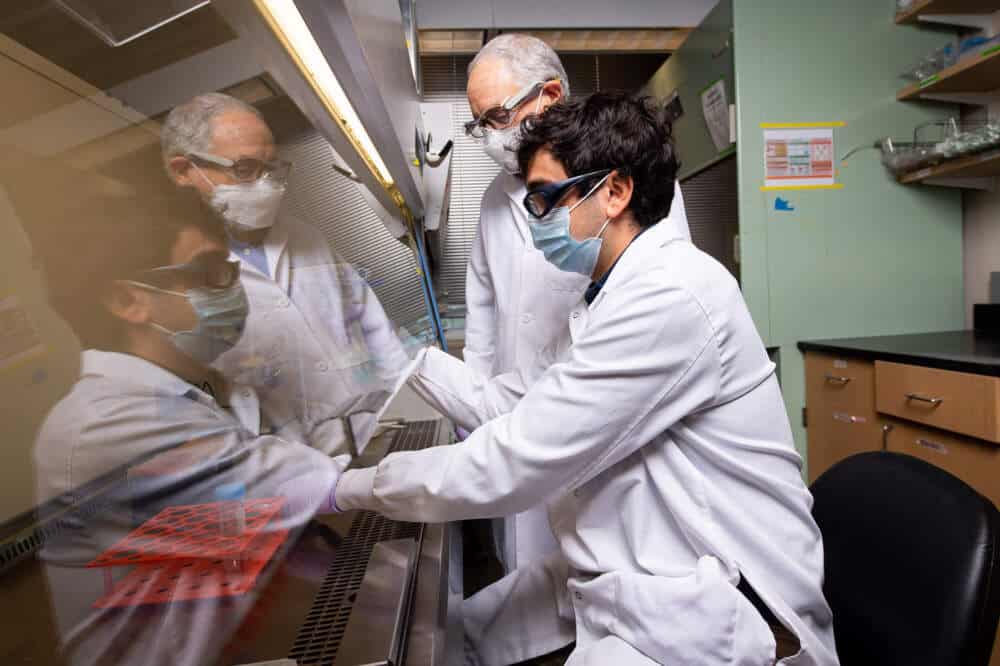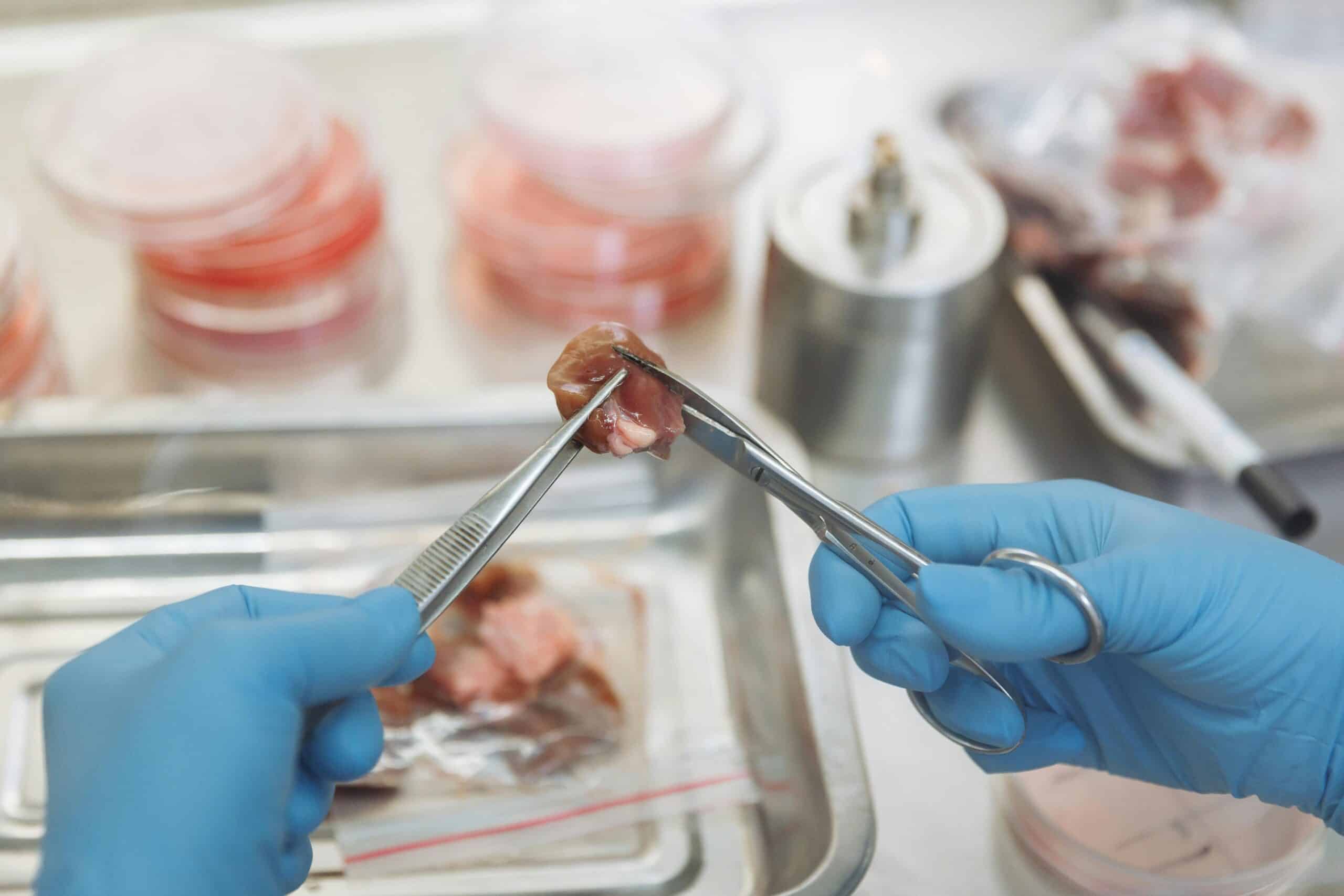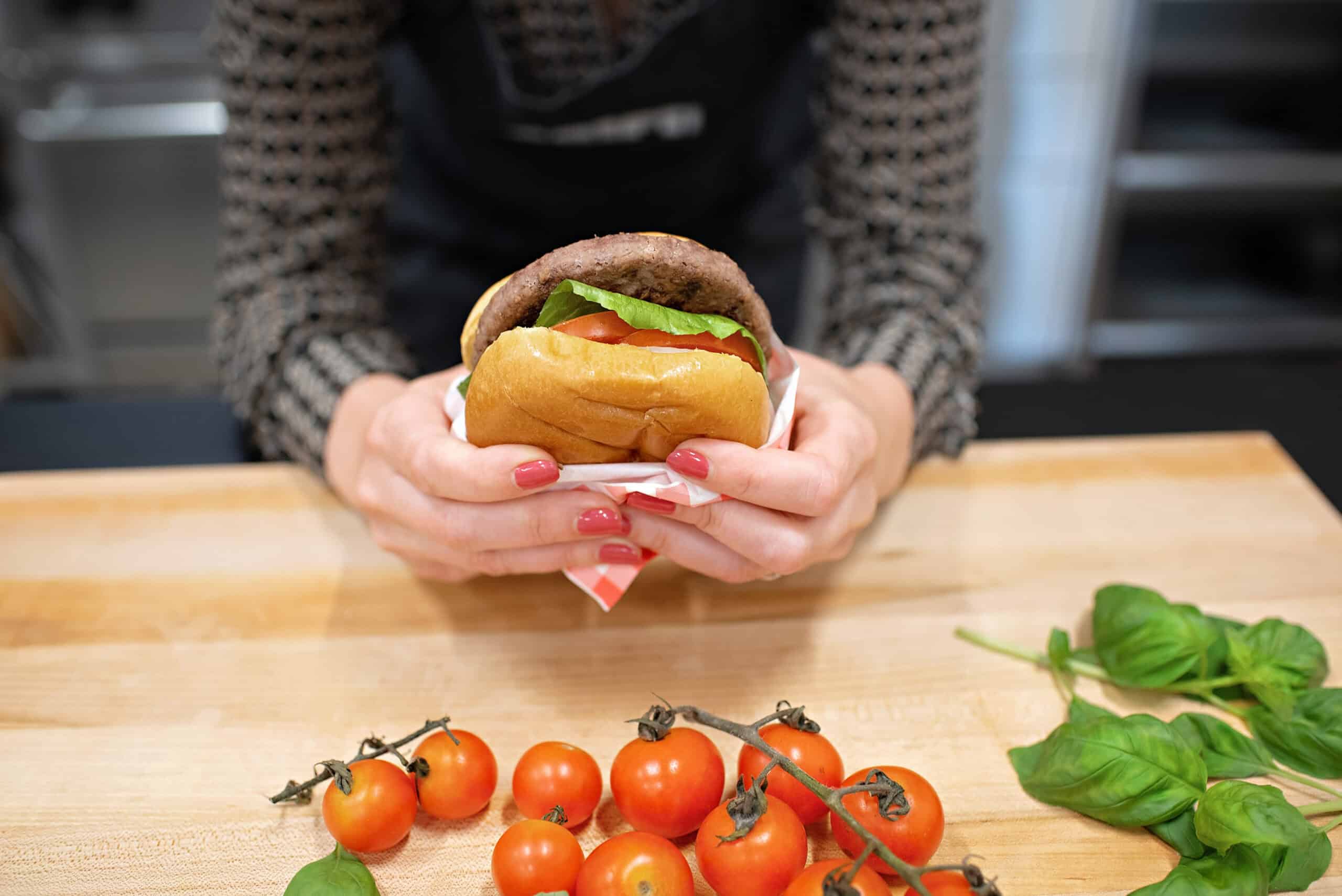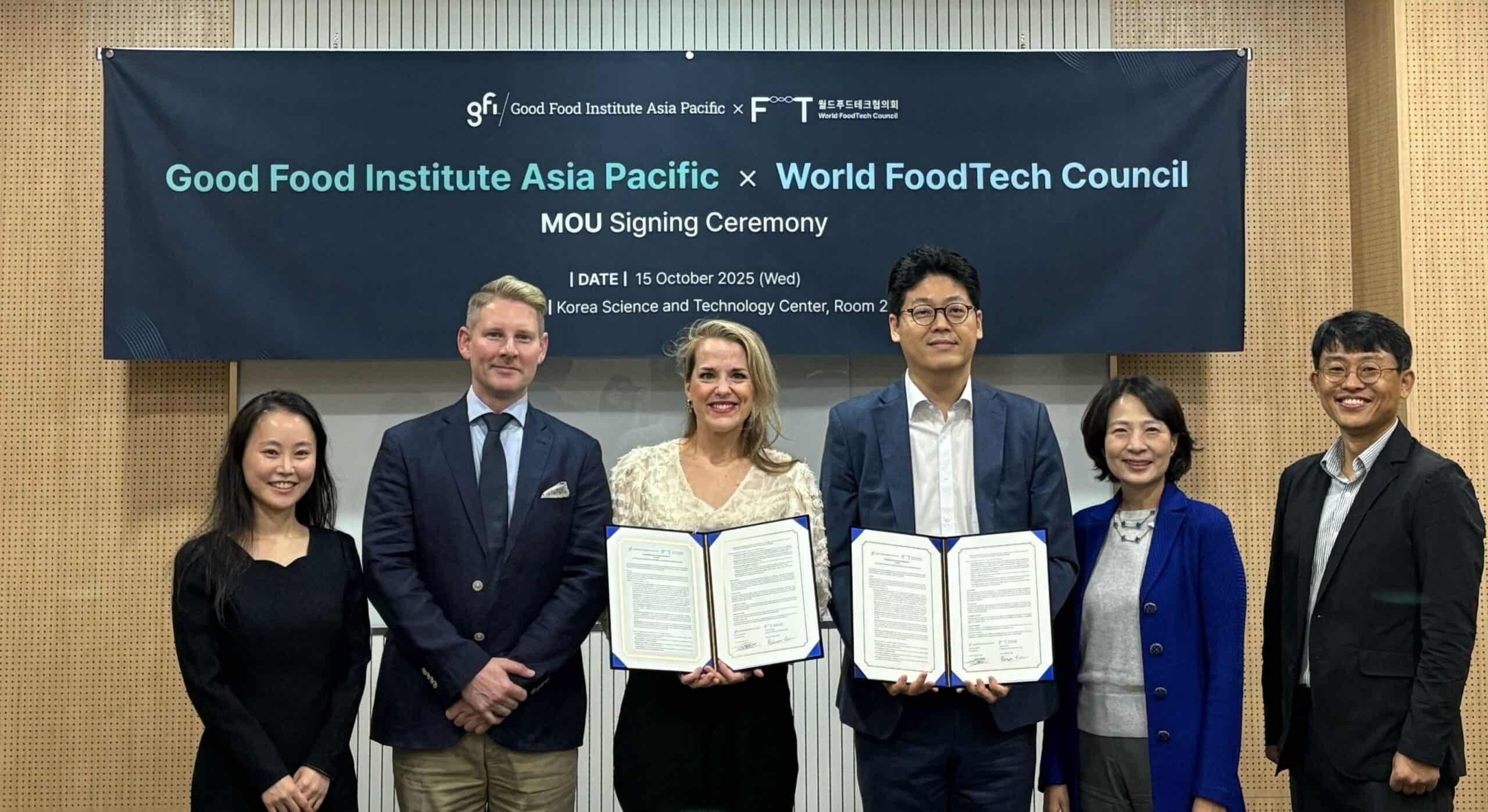Investment Climate Podcast: Del Afonso of Harmony Baby Nutrition Shares How to Get Funded in 2026
In this podcast series, Alex Shandrovsky interviews investors about benchmarks for funding Alt Proteins in 2026 and uncovers the investment playbooks of successful Climate Tech CEOs and Leading VCs. Podcast Host Alex Shandrovksy is a strategic advisor to numerous global food tech accelerators and companies, including alternative proteins and cellular agriculture leaders. His focus is on investor relations and post-raise scale for agrifood tech companies. This podcast is syndicated through …
Tufts University to Open Innovation Hub for Future Foods Using $2.1M Grant
Massachusetts-based Tufts University has announced that it will be using a $2.1 million state grant to create an innovation hub that will help bring future foods such as cultivated meat to market. As reported by WBUR, the hub will open later this year on the university’s Medford campus. It will enable scientists, policymakers, and entrepreneurs to work together, accelerating the commercialization of innovative foods. The center will include an open-access …
Umami Bioworks Develops Animal-Free PDRN from Eel, Tuna, and Sturgeon Using Cell Cultivation
Umami Bioworks has announced the expansion of its cultivated marine cell platform to produce polydeoxyribonucleotide (PDRN) from a wider range of aquatic species, including Japanese eel, sturgeon, and bluefin tuna. The development builds on the company’s existing work with salmon-derived PDRN and extends its Marine Radiance™ portfolio for use in cosmetics. PDRN is a DNA-based compound used in regenerative skincare and has traditionally been extracted from salmon milt, or sperm, …
New B2B Marketplace Launched to Address Cultivated Meat Industry’s Procurement Challenges
A new B2B marketplace, Cellbase, has launched to streamline procurement for companies in the cultivated meat sector. The platform is designed to simplify the sourcing process for the specialized materials and equipment needed in cultivated meat production, such as bioreactors, growth media, scaffolds, and cell lines. The cultivated meat industry has faced significant procurement challenges due to the fragmented nature of its supply chain. According to David Bell, the founder …
Solar Foods to Test Innovative Protein Production Technology in Space
Solar Foods has entered into a partnership with OHB System AG, a European space technology company, to develop a pilot project for testing its Solein® gas fermentation technology in space. The project, supported by the European Space Agency (ESA) under its Terrae Novae Exploration Programme, focuses on adapting the Solein production system for microgravity environments, such as the International Space Station (ISS). The project, named HOBI-WAN (Hydrogen Oxidizing Bacteria In …
Researchers Develop Hydrogel Films Containing Curcumin for Use as Cultivated Meat Scaffolds
A new study has described the development of edible composite hydrogel films that could be used as scaffolds in cultivated meat production. Notably, the films are made with curcumin, an antioxidant and coloring agent found in turmeric. This acts as a nutraceutical, flavoring, coloring, and preservative agent. The films also contain potato starch, κ-carrageenan, and polyvinyl alcohol (PVA), which has GRAS (generally recognized as safe) status for use in food …
German Researchers Spin Living Fibres to Shape the Future of Cultivated Meat
A new patent from the DWI – Leibniz Institute for Interactive Materials has been published describing a fibre-spinning method that could transform how cultivated meat is grown and how its texture is formed. The filing outlines a scalable way to produce edible fibres that already contain living cells, allowing structure and tissue to develop in one continuous step. In an exclusive interview, lead researcher Rahman Omidinia Anarkoli shared how the …
GFI Acquires SCiFi Foods’ Cell Lines, Joins Tufts to Fast-Track Cultivated Meat Research
The Good Food Institute (GFI) has acquired crucial cell lines and growth media from SCiFi Foods, a cultivated meat company that ceased operations in mid-2024. In partnership with Tufts University Center for Cellular Agriculture (TUCCA), GFI plans to make these resources publicly available for academic and industry research, a move expected to reduce costs and speed up development in the cultivated meat sector. The acquisition includes specific bovine cell lines …
South Korea’s Push for Alternative Proteins Gets a Boost with New Bilateral Agreement
The World FoodTech Council and the Good Food Institute Asia Pacific (GFI APAC) have entered a bilateral partnership aimed at advancing South Korea’s growing alternative protein sector. The collaboration, announced today in Seoul, focuses on enhancing domestic research and development (R&D) efforts and shaping regulatory frameworks for novel foods. At a signing ceremony attended by GFI APAC CEO Mirte Gosker and World FoodTech Council co-chair Prof. Ki Won Lee, the …
Singapore’s ImpacFat Launches Cultivated Fish Fat R&D Center in Tokyo
ImpacFat, a biotechnology company from Singapore, has announced its expansion into Japan with the opening of a new research and development hub in Tokyo. Backed by strategic investments from major Japanese firms, this reinforces the company’s role in advancing sustainable food technologies. The announcement was made at a press event held in the Takanawa Gateway City, a leading innovation district in Tokyo. ImpacFat’s first international move The new facility in …










